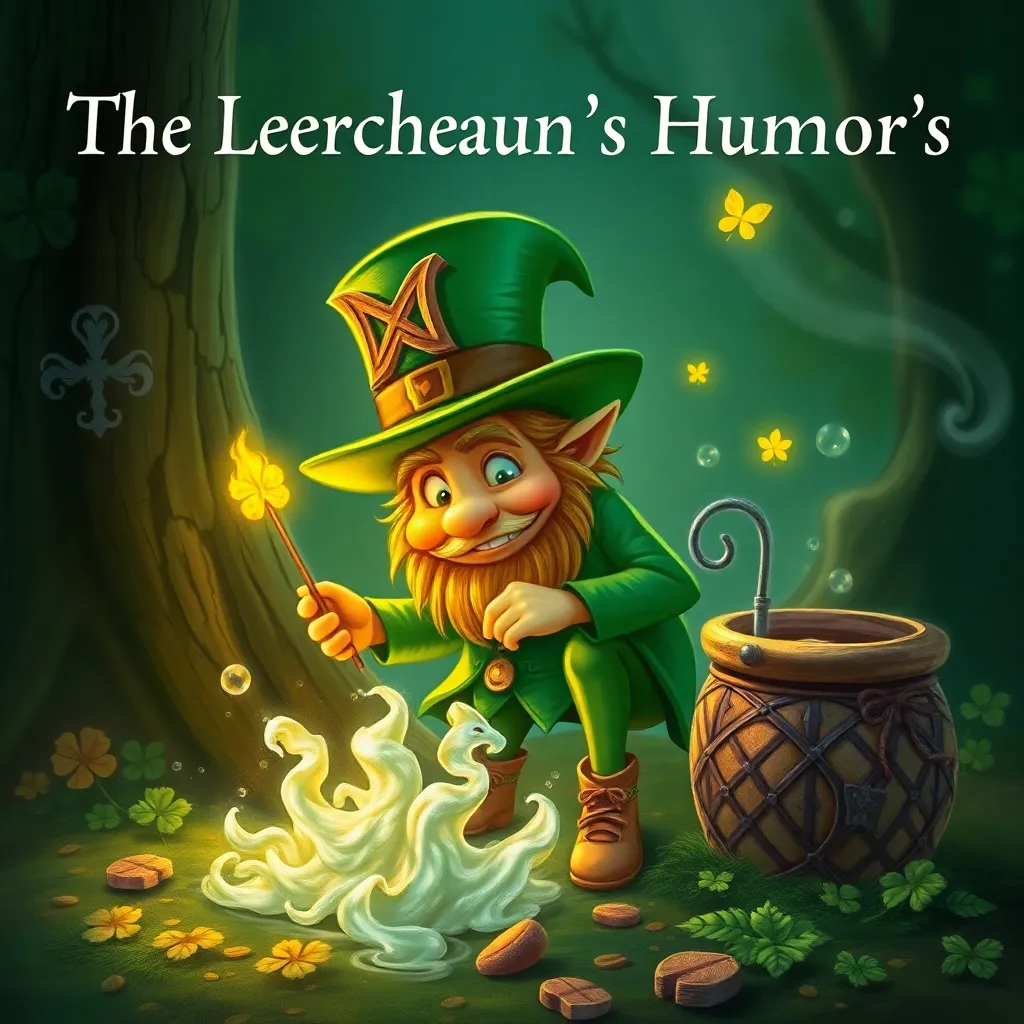Empusa’s Deadly Kiss: Understanding the Demon’s Powers of Deception and Seduction
I. Introduction
Empusa, a figure from ancient Greek mythology, embodies the terrifying intersection of beauty and danger. Often depicted as a seductive demon, Empusa’s narrative is steeped in layers of deception and allure, making her a compelling subject of study in both ancient and contemporary contexts. This article aims to explore her mythological roots, the powers she wields in deception and seduction, and the lessons we can draw from her tale.
II. The Mythological Background of Empusa
Empusa’s origins can be traced back to ancient Greek mythology, where she is often associated with the goddess Hecate, a figure linked to witchcraft and the supernatural. In mythology, Empusa is described as a shape-shifting demon who preys on unsuspecting travelers, embodying the darker aspects of femininity and temptation.
Throughout folklore and literature, Empusa has appeared in various forms, sometimes depicted as a beautiful woman and other times as a monstrous being. Her character has evolved over time, reflecting societal attitudes towards femininity, sexuality, and danger.
Empusa’s Role in Folklore
- Empusa often appears in tales warning against the dangers of succumbing to lust and the seductive nature of evil.
- She symbolizes the fears surrounding women who wield power and sexuality.
III. The Powers of Deception
One of the most striking attributes of Empusa is her ability to manipulate appearance and identity. She can transform into a beautiful woman, luring her victims into a false sense of security before revealing her true, terrifying form.
Manipulation of Appearance and Identity
Empusa’s shape-shifting abilities allow her to assume various guises, making her an expert in deception. This manipulation is not merely physical; it extends to psychological tactics that ensnare her victims, often leading them to trust her blindly.
Psychological Tactics Used to Ensnare Victims
Empusa employs several psychological strategies, including:
- Flattery: She may use compliments to build a rapport with her victims.
- False Promises: Offering what seems like a gateway to pleasure or fulfillment.
- Isolation: Creating a sense of dependency on her presence.
Historical Accounts and Stories Illustrating These Deceptions
There are numerous ancient texts and stories that recount encounters with Empusa, where her deceptive nature leads to dire consequences for those who fall for her charms. These tales often serve as cautionary narratives about the dangers of being seduced by appearances.
IV. The Art of Seduction
Empusa’s character is not just about deception; she is also a master of seduction. Her beauty and allure draw in victims, creating an intoxicating mix of attraction and danger.
Characteristics That Make Empusa a Seductive Figure
Some characteristics that enhance Empusa’s seductive nature include:
- Unparalleled Beauty: Her ability to present herself as irresistibly attractive.
- Mystique: The aura of danger that surrounds her enhances her allure.
- Confidence: Her boldness in approach captivates those around her.
The Interplay Between Attraction and Danger
The tension between desire and fear is a central theme in Empusa’s tales. This duality reflects the broader cultural interpretations of seduction, where allure often masks peril.
Cultural Interpretations of Seduction in Mythology
In various cultures, seduction is portrayed as a double-edged sword. Empusa epitomizes this concept, representing both the intoxicating nature of desire and the potential for profound danger that comes with it.
V. Empusa in Modern Media
In contemporary literature, film, and art, Empusa’s character has been reimagined and adapted, showcasing her enduring impact on popular culture.
Representations in Literature, Film, and Art
Empusa has been featured in various forms of media, often as a symbol of seduction and danger. Examples include:
- Literature: Modern novels that incorporate mythological elements often reference Empusa as a metaphor for deceitful relationships.
- Film: Horror and thriller genres utilize her archetype to explore themes of manipulation and attraction.
- Art: Visual representations often depict her dual nature, balancing beauty and monstrosity.
How Modern Interpretations Compare to Ancient Depictions
While ancient depictions emphasize her role as a malevolent force, modern interpretations frequently explore the complexities of her character, often portraying her as a misunderstood figure rather than purely evil.
The Impact of These Portrayals on Popular Culture
Empusa’s representation in modern media has influenced societal views on femininity, power, and the dynamics of attraction, often sparking discussions about the nature of desire and deception.
VI. Psychological Implications of Empusa’s Myth
The archetype of the seductive demon like Empusa speaks volumes about societal fears and fascinations with deception and manipulation.
Exploring the Archetype of the Seductive Demon
Empusa serves as a representation of the archetypal seductive demon, highlighting the complexity of female power and the fears it evokes in society.
The Societal Fears and Fascinations Surrounding Deception
Her myth reflects deep-rooted anxieties about trust and betrayal, particularly in romantic and social relationships.
The Relevance of Empusa’s Story in Contemporary Discussions of Trust
In an age where deception can be subtle and insidious, Empusa’s tale is increasingly relevant, prompting discussions about the importance of discernment and awareness in our interactions.
VII. Lessons from Empusa’s Tale
Empusa’s narrative offers valuable lessons about vulnerability, caution, and the nature of relationships.
What Empusa Teaches About Vulnerability and Caution
Her story serves as a reminder to remain vigilant against deception, particularly in intimate relationships where trust is paramount.
The Importance of Discerning Deception in Relationships
Empusa’s manipulation highlights the necessity for individuals to cultivate awareness and discernment, recognizing that not all that glitters is gold.
Empowering Individuals Against Manipulative Figures
By understanding the tactics employed by figures like Empusa, individuals can better protect themselves from falling prey to manipulation and deceit.
VIII. Conclusion
Empusa’s significance in mythology transcends mere horror stories; she embodies the intricate relationship between seduction and danger. As we reflect on her tale, we are reminded of the duality of attraction and the importance of maintaining vigilance in our personal lives.
Ultimately, Empusa encourages us to interrogate the nature of desire and deception, serving as both a warning and a source of empowerment in navigating the complexities of human relationships.



